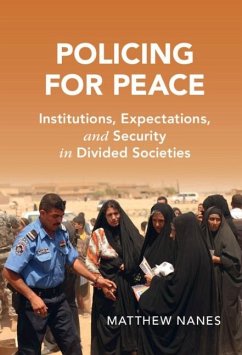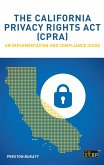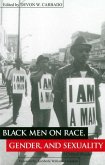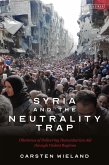In communities plagued by conflict along ethnic, racial, and religious lines, how does the representation of previously-marginalized groups in the police affect crime and security? Drawing on new evidence from policing in Iraq and Israel, Policing for Peace shows that an inclusive police force provides better services and reduces conflict, but not in the ways we might assume. Including members of marginalized groups in the police improves civilians' expectations of how the police and government will treat them, both now and in the future. These expectations are enhanced when officers are organized into mixed rather than homogeneous patrols. Iraqis indicate feeling most secure when policed by mixed officers, even more secure than they feel when policed by members of their own group. In Israel, increases in police officer diversity are associated with lower crime victimization for both Arab and Jewish citizens. In many cases, inclusive policing benefits all citizens, not just those from marginalized groups.
Dieser Download kann aus rechtlichen Gründen nur mit Rechnungsadresse in A, B, BG, CY, CZ, D, DK, EW, E, FIN, F, GR, HR, H, IRL, I, LT, L, LR, M, NL, PL, P, R, S, SLO, SK ausgeliefert werden.









